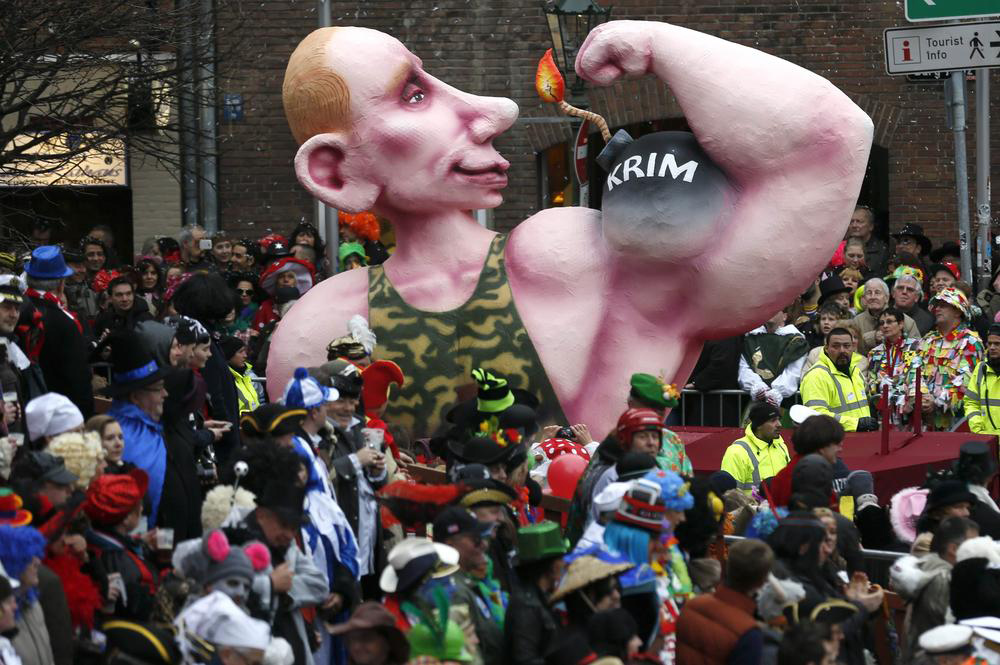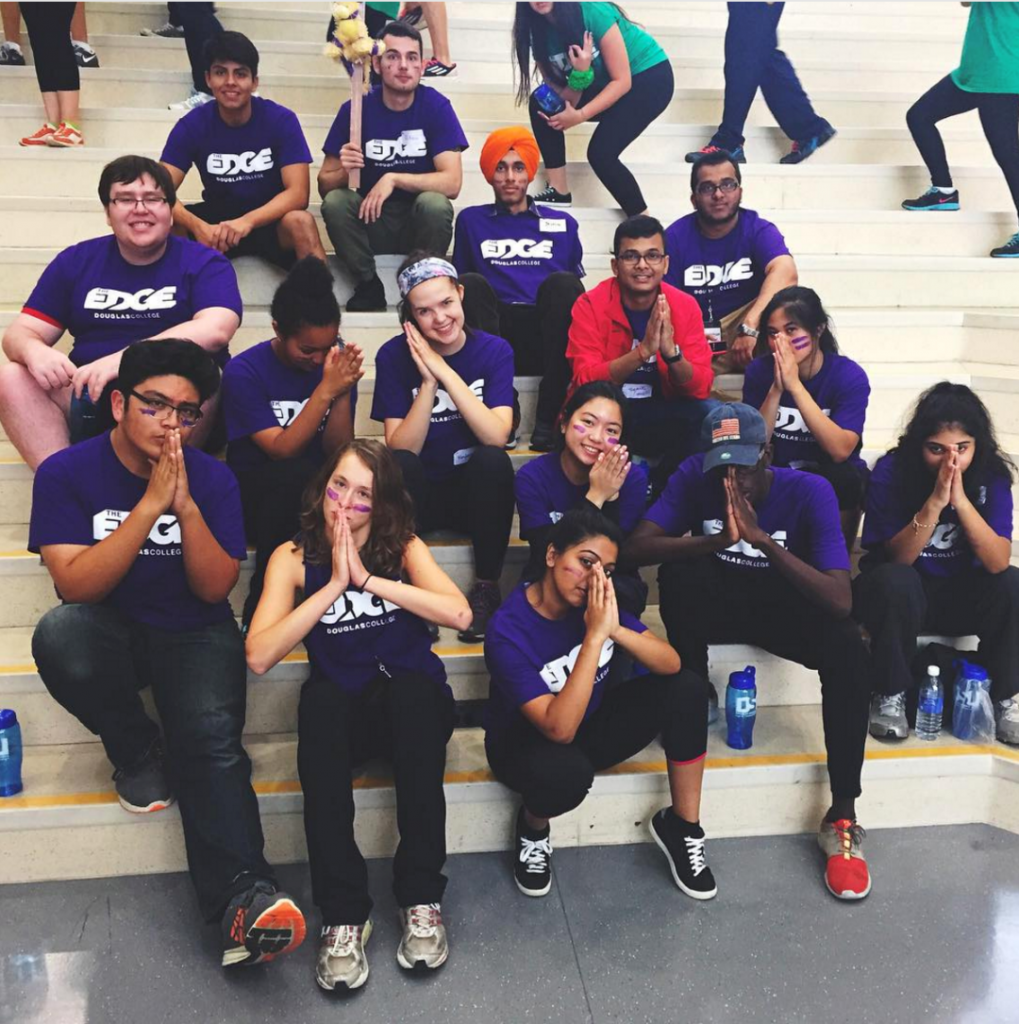International community weighs in on Russian intentions
By Aidan Mouellic, Staff Writer
In the midst of the preparations for the Sochi Paralympic Winter Games, Russia has been making heavy handed threats to overtake the Ukrainian peninsula of Crimea.
Since May of 1992, the Crimean peninsula has been part of Ukraine and independent of Russia. The recent anti-government protests in Kiev have led to a state of turmoil in Ukraine which fostered the developments in Crimea. Crimea has a large Russian population that is not pleased with the repeal of an official language law and a return to the Ukrainian Constitution’s language policies: in this return, Ukrainian is the official language, where there had previously been protections in place for minority, regional languages, including Russian. This change in policy has been part of the impetus to clashes in the Crimean capital between pro-Ukrainian and pro-Russian groups.
The rising tension between the parties has led Russia to mobilize a large military force to Crimea in hopes of taking control of the peninsula and making it part of the Russian Federation. Russians have posted footage online of traffic jams caused by convoys of unmarked Russian military vehicles heading towards Crimea and Ukrainians have reported shots fired by Russian troops.
On March 1, the Russian parliament voted unanimously to give Russian President Vladimir Putin the authority to pursue military action in Crimea. On March 6, the Crimean parliament asked Russia for permission to join the Russian Federation and a referendum on the issue was scheduled for March 16, but was then postponed to March 30. This referendum has been deemed unconstitutional by the Ukrainian government, which cites the country’s constitutional provision that “alterations to the territory of Ukraine shall be resolved exclusively by an all-Ukrainian referendum.”
US President Barack Obama weighed in on the referendum issue, saying that such a plan would also violate international law. Along with several other countries, the United States has suggested they would impose sanctions against Russia and employ diplomatic isolation tactics in response to Russia’s military engagement in Ukraine. The White House has said that the sanctions will target specific parties and include the freezing of American assets as well as travel bans.
The international community has been unanimous in its condemnation of Russia’s military involvement in Ukraine. While residents and diplomats alike in Ukraine report seeing thousands of Russian troops on the ground in Crimea, Putin denies having deployed Russian forces to the turbulent and unstable country. Instead, Putin is claiming that the heavily armed military personal that are encircling Ukrainian bases are “local self-defence forces.”
The Crimean peninsula includes a population that is 60 per cent of Russian ethnicity, and local sentiment is largely pro-Russia. Foreign media outlets are being told to leave the region by protesters who do not want their quest to join Russia broadcast to the whole world. One hotel owner in Crimea even threatened to oust a CNN news crew staying at the hotel if they didn’t stop broadcasting.
The Ukrainian crisis and Russia’s military presence in the troubled country is quickly bringing back memories and sentiments of the Cold War, which ended in 1991. Many in Ukraine feel that Russia’s leaders, Putin especially, are trying to bring about a new age of Russian glory, which have raised fears of the rising of a new Soviet Union. The Crimean referendum for dissolution from Ukraine could become a flashpoint for further hostilities between Russia and Ukraine, and the future of Crimea and its peoples lies in a precarious position.


